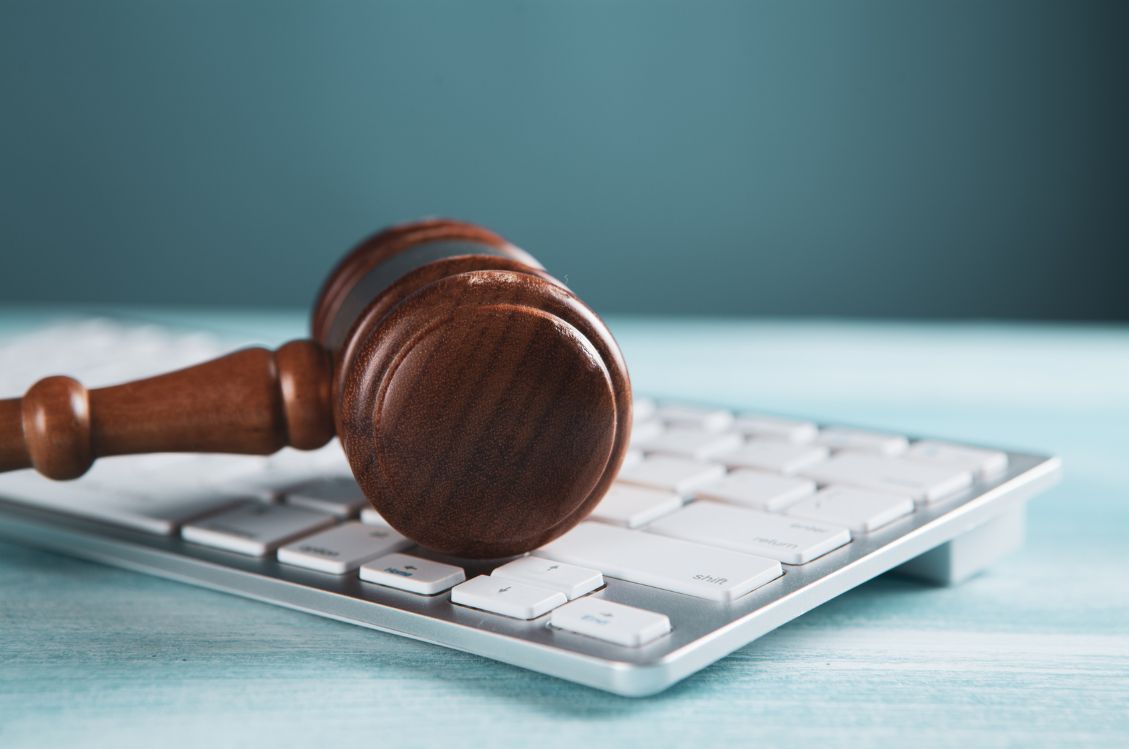A União Europeia (UE) deu um passo significativo na regulamentação da inteligência artificial ao implementar, desde agosto, a primeira legislação abrangente sobre o tema, conhecida como AI Act. Esta nova regulamentação, que será totalmente aplicável a partir de 2026, estabelece normas rigorosas para o desenvolvimento e utilização de sistemas de IA em território europeu, com o objetivo de garantir segurança, ética e respeito aos direitos fundamentais. A iniciativa da UE pode servir de precedente para outros países, incluindo o Brasil.
O AI Act adota uma abordagem baseada no risco, classificando os sistemas de IA em diferentes categorias, desde os de risco mínimo até os de risco inaceitável. Essa metodologia estabelece um novo padrão global e pode pressionar outros países a acelerarem suas próprias regulamentações. No Brasil, o tema vem sendo debatido pelas casas parlamentares desde 2020 e, mais recentemente, o Projeto de Lei 2.338/2023 (PL IA) passou a discutir a regulamentação com uma abordagem similar, demonstrando como o país pode seguir os passos da UE.
Alan Nicolas, especialista em IA para negócios e fundador da Academia Lendár[IA], vê a nova legislação europeia como um sinal para todos os países onde não existem leis específicas para a inteligência artificial. “A implementação do AI Act na Europa é um marco que mostra a necessidade de o Brasil avançar em sua própria regulamentação de IA. Se não acompanharmos essa tendência, podemos enfrentar desafios não apenas na adaptação às regras internacionais, mas também em garantir que nossas empresas estejam alinhadas com práticas globais de governança e segurança,” afirma o especialista.
Consequências da Legislação
O impacto do AI Act pode ser profundo, especialmente para empresas que operam em mercados globais ou que utilizam sistemas de IA desenvolvidos fora do Brasil. A nova legislação da União Europeia estabelece diretrizes claras sobre a transparência e segurança de sistemas de inteligência artificial, questões que também estão sendo discutidas no contexto brasileiro.
Conforme aponta Alan Nicolas, empresas locais já começaram a se antecipar às mudanças regulatórias. “Muitas corporações no Brasil estão se preparando, com algumas até desenvolvendo relatórios de impacto de IA e ajustando suas práticas para se alinhar com as futuras exigências legais,” enumera.
Além disso, a nova legislação europeia impõe sanções para o não cumprimento de suas disposições, algo que também está sendo considerado no PL IA brasileiro. No caso da UE, as multas podem atingir até 7% do volume global de negócios da empresa, o que reforça a necessidade de uma adaptação rigorosa e rápida por parte das companhias que precisam operar em conformidade com essas novas normas.
Caminho para a Regulamentação no Brasil
Com a aprovação do AI Act, a pressão sobre o Brasil para estabelecer seu próprio marco regulatório aumenta. Essa urgência se comprova principalmente pelo fato de o maior país da América do Sul figurar entre aqueles com mais usuários de internet no mundo, ficando atrás apenas da China, Índia, Estados Unidos e Indonésia. Na América Latina, o Brasil é o líder, seguido do México e da Argentina.
O PL IA pode ser votado ainda este ano e traz elementos inspirados na regulamentação europeia, como a classificação de riscos e a responsabilidade civil dos provedores de sistemas de IA. “O Brasil tem a oportunidade de criar uma legislação robusta, moderna e alinhada com as melhores práticas globais. Isso ajudará a promover a inovação e a garantir que os avanços tecnológicos sejam utilizados de maneira ética e segura,” conclui Alan Nicolas.
A implementação de uma legislação no Brasil será importante para proteger os direitos dos cidadãos e promover um ambiente de inovação sustentável. Com a tendência global estabelecida pelo AI Act, a expectativa é que outros territórios onde a regulamentação já está em andamento sigam o exemplo da União Europeia, criando uma estrutura que equilibre inovação com responsabilidade.


